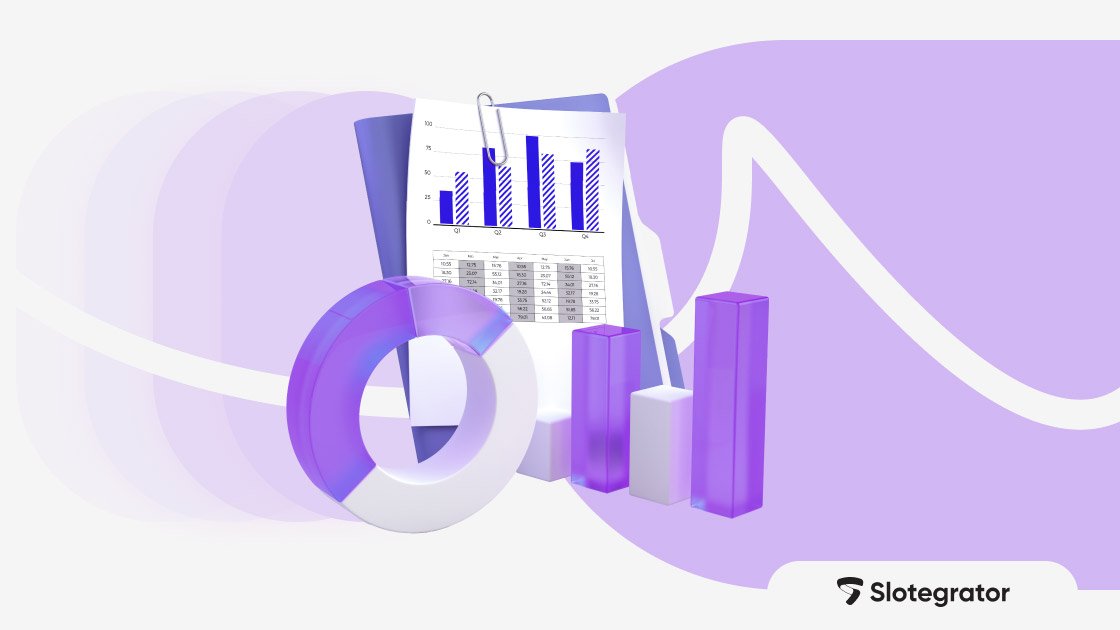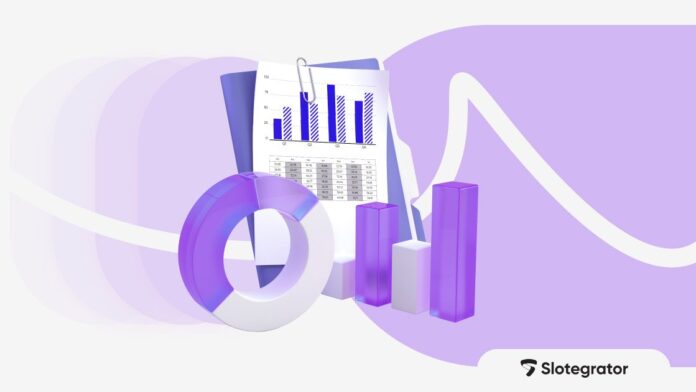
Aggregator and iGaming solutions provider Slotegrator updated in September its anti-fraud module for its platform to help operators collect big data for their projects.
As explained by the company, the module protects gambling projects’ financial security, collecting information about any risky moves or suspicious activities, which facilitates risk management and guards against fraud. All the collected information and aggregated statistics are structured in a simple and clear database for operators to easily process and analyze. The anti-fraud module also allows setting notifications in case of suspicious activity.
The latest update is an important one, as according to the company, “no one is immune from fraud — except for those who know how to prevent it.” In order to do that, online casino or sportsbook operators need the ability to make the most of big data, sift through the endless stream of information, and sort out what matters and what doesn’t.
“Data is everywhere: in our emails and social media profiles, in ads and e-shops, at school and work, on our phones, laptops, cars, watches, and TVs — there is simply nowhere we go and nothing we do without generating some kind of data, and the sum total of it all is dizzying,” the company noted. This digital transformation has come to define the way we live.
Big data is defined by three Vs: volume, variety, and velocity. Businesses have to process a deluge of diverse forms of data, including ID documents, emails, and more, and every day there’s more data coming in than the day before.
Aside from individual data, gambling businesses also look at market data. To analyze the potential of a new country of operation, players’ demand, and perspectives on investments and expansions, operators use various types of data from surveys, industry reports, official statements, etc.
Another source of data for gambling operators is their own business. The iGaming industry benefits here from the very beginning — players are required to provide a lot of personal information, making this type of business itself a portal for big data.
Modern back offices use various metrics to analyze their project’s performance. The list of KPIs to study will most probably include GGR (Gross Gaming Revenue), NGR (Net Gaming Revenue), FTD (First-time Depositors), CPA (Cost per Acquisition), Conversion Rate, and Churn Rate.
These metrics are used to track player behavior, marketing and sales effectiveness, and business growth or recession, as well as identify strengths and weaknesses of the project to help with planning future development. “Using them to assess your performance is a must, not an option,” the company said.
Another important aspect where big data analytics help is security. Gambling addiction, underage gaming, risky behavior, fraud, and money laundering — these unwanted things can be prevented or excluded by constantly monitoring and analyzing data. Doing this manually is almost impossible, which is why there are automated solutions for operators who value time and security.
It was earlier this year when the company released its new and updated platform for online casino operators. The platform features four modules including the Business Intelligence module, which the online casino solution developer described as a “helpful feature” that “allows operators to process huge volumes of information for any chosen period of time — and any time — quickly and easily, including player behavior, game history, bonuses, deposts, etc.”
Original article: https://www.yogonet.com/international/news/2022/10/11/64582-slotegrator-explains-how-its-new-antifraud-module-protects-gambling-projects-39-financial-security














